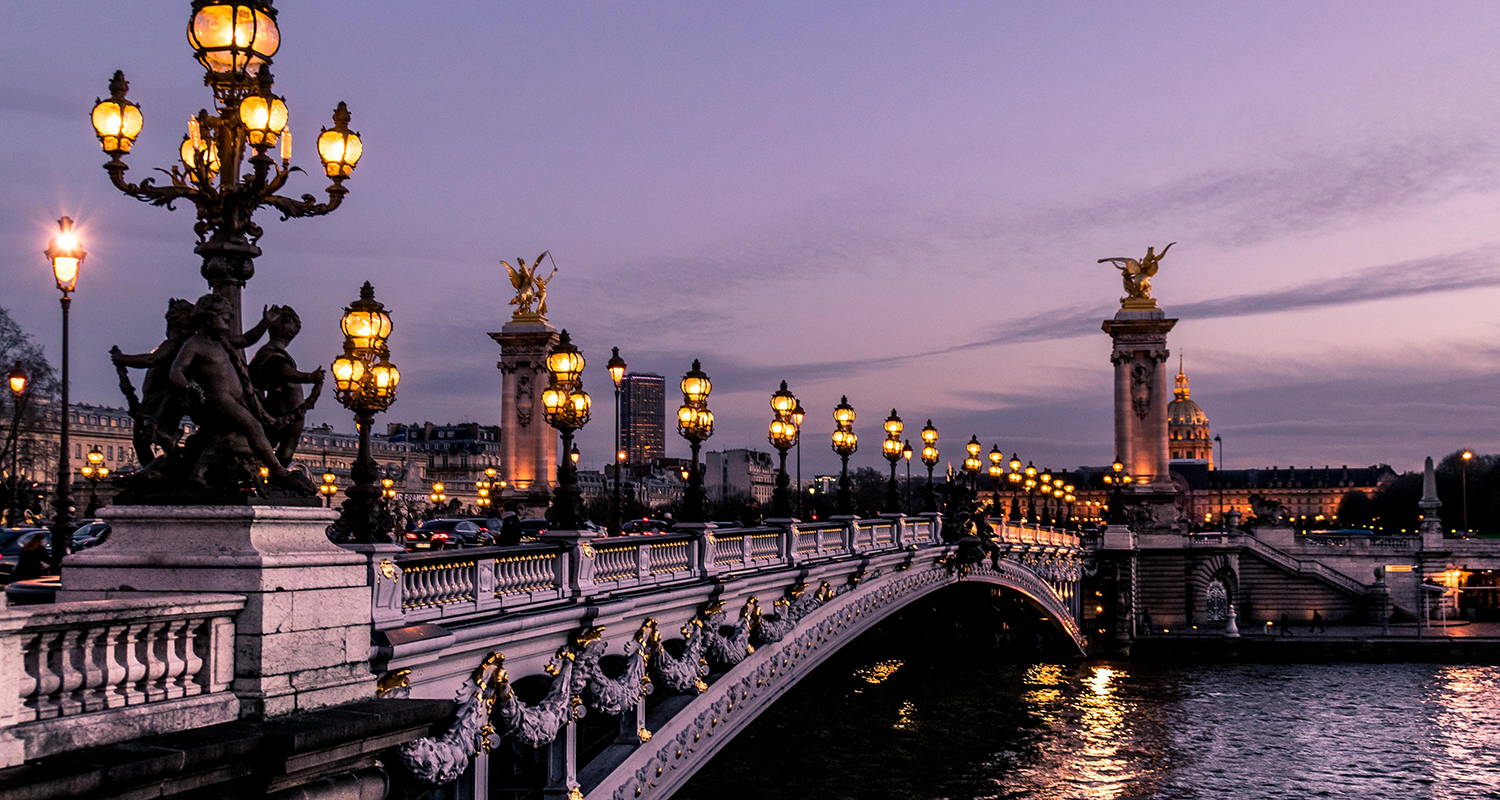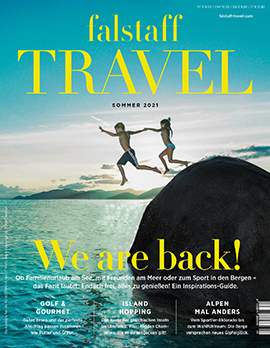
5 phrases to master on holiday in France
Often a few short sentences are enough to be able to communicate in France!
17 September 2021
The people of France are very proud of their language. So you should know at least a few words or phrases when you travel to the land of baguettes. It shows that you value the language and no one is sure to hold a few pronunciation mistakes against you. Especially if you're not on holiday in the country's capital but in remote places, you have to expect that only very few French people speak English, let alone German. Therefore, it is advisable to practice at least a few words of French.
We have the most important phrases for you at a glance. These five phrases and words are essential on holiday in France!
1. Greeting
How can you greet your counterpart in French? During the day, French people greet each other with "Bonjour". As soon as it is evening, however, you should say Bonsoir ("Good evening"). If you know the person a little better, for example, because you've had a long conversation, you can also simply say "Salut", which is the French equivalent of our "hello" or "hi".
2. How's it going?
Asking someone how they are doing is never wrong and can be an excellent opener for a conversation. Especially as a tourist on vacation, you'll come across as a lot more personable if you've acquired at least a few phrases in the local language. "Ça va?" ("Hi! How are you?"), to which you usually respond with "Bien et toi?" ("Well, and yourself?") answer.
3. Introduction
Whether you're on the phone with the hotel front desk or gossiping with locals. It's never a bad idea to know how to introduce yourself properly. "Je m'appelle..." means something like "My name is...". Of course, if you have someone with you, you should introduce them as well! "C'est mon mari/C'est ma femme" means "This is my husband/This is my wife". Now, if you would also like to know what the other person's name is, you can ask, "Comment vous appelez-vous?"
4. asking for directions
Lost your way or looking for the nearest metro station? No problem. Even though just about every cell phone today has GPS technology built in, being able to ask for directions is part of every French student's basic repertoire. "Savez-vous où se trouve la boulangerie la plus proche?" - so ask politely, for example, where the nearest bakery is. It's also certainly beneficial if you know that "à droite" means right and "à gauche" means left. "Tout droit" means "straight ahead".
5. please & thank you
This last point is actually almost the most important. When on holiday in France, asking for something or being able to say thank you in the local language is simply part of good manners. It's really quite simple: "Voilà" means "Bitteschön", you can say thank you with "Merci" and "de rien" means "you're welcome".

